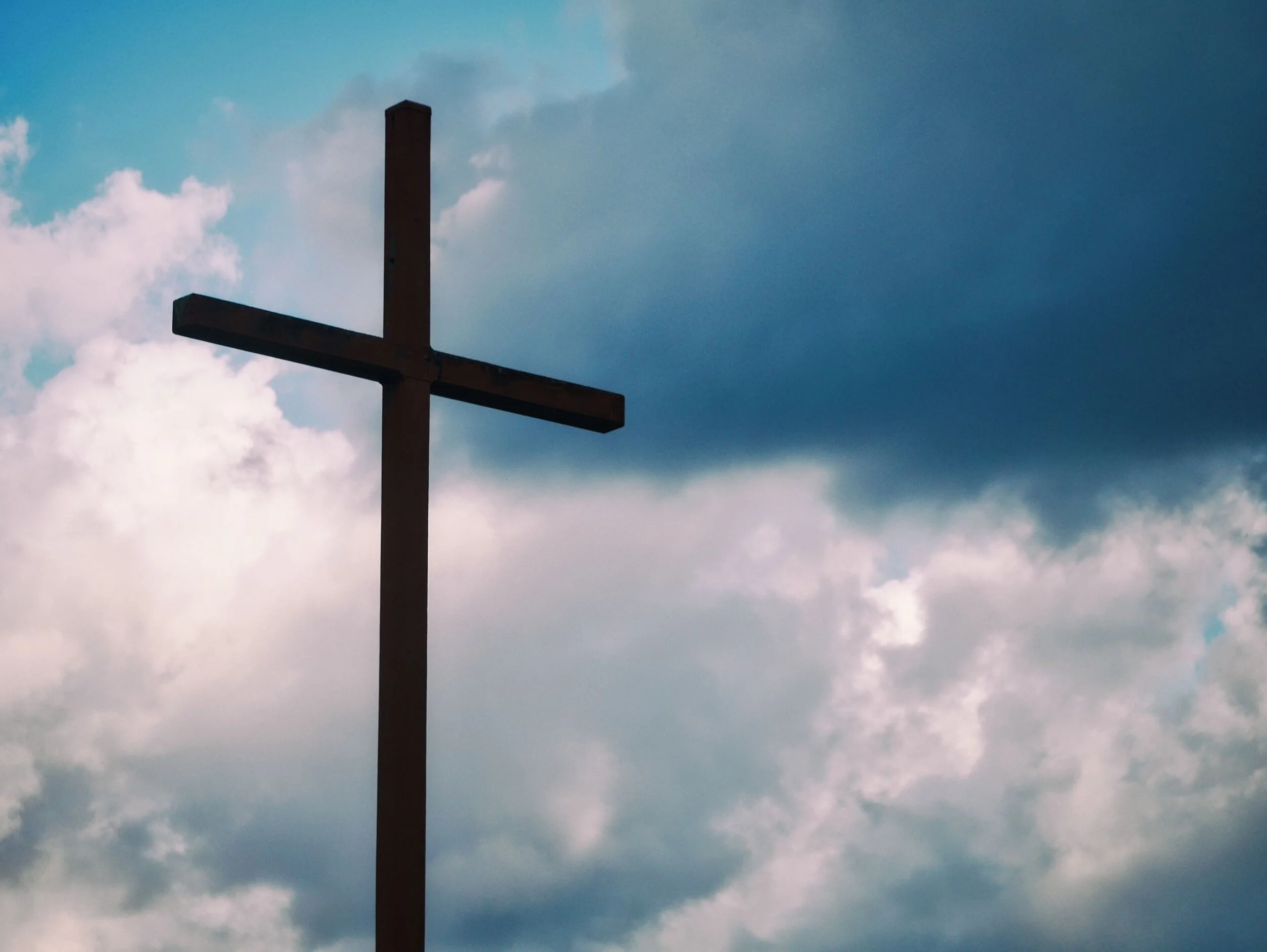I remember once I was leading a school visit to church from a group of year 1 children. We did a treasure hunt, and listened to the organ, and talked about the stained glass windows, and the children asked lots of questions. When it was time to end, I said, OK there's time for just one last question. One little boy put up his hand and asked, "Why did Jesus have to die?"
I have great respect for this six year old's ability to zoom in on the heart of the Christian faith. Never mind all these peripheral bits about stained glass and organ music Let's just do the basics, shall we. If this kind man Jesus was the Son of God, why he had to submit to this nasty death-on-a-cross thing? And could you give me that in one sentence please, before we put on our coats and go back to school?













